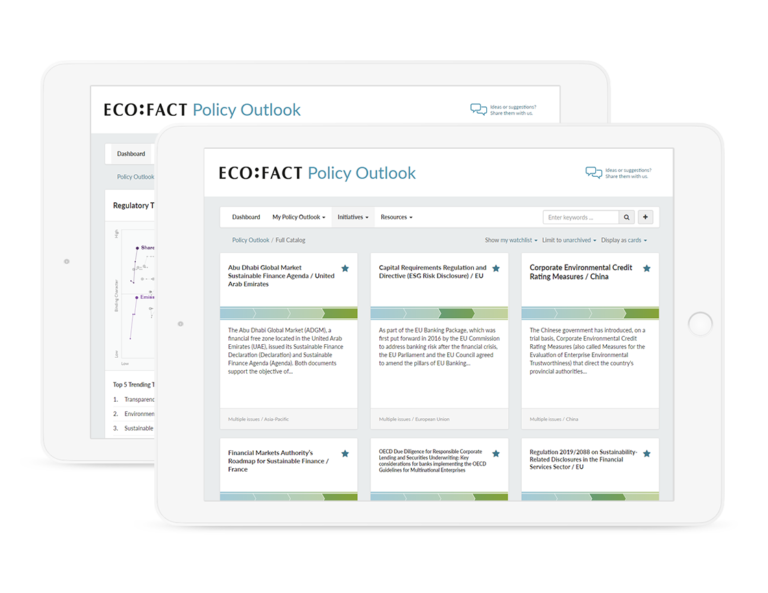Nuclear Energy, and Natural Gas: Where Do We Go From Here?
This week, the EU Parliament voted on the Complementary Climate Delegated Act (CCDA) on climate change mitigation and adaptation on the inclusion of certain natural gas and nuclear activities into the EU’s Sustainability Taxonomy. A motion to veto the proposal was blocked by a 328 to 278 vote. The decision was welcomed by the EU Commission, which called it an “important recognition of our pragmatic and realistic approach in helping many Member States on their transition path towards climate neutrality.”
What does this mean?
The EU created the Sustainability Taxonomy to prevent greenwashing, to help investors make informed buy-and-sell decisions, and to channel investment toward sustainable solutions. The taxonomy allows investors to consistently identify economic activities that are “environmentally sustainable.” At the same time, it helps companies understand how green their own economic activities are, potentially motivating them to improve their environmental sustainability.
In March 2022, the EU Commission adopted the CCDA. This act dictates which nuclear energy and natural gas activities align with the taxonomy’s objectives, and it complements the Climate Delegated Act. The CCDA labels nuclear energy and natural gas as transitional activities provided they meet the following criteria. They must:
- have greenhouse gas (GHG) emission levels that correspond to the best performance in the sector/industry;
- not hamper the development and deployment of low-carbon alternatives; and
- not lead to a lock-in of carbon-intensive assets, considering the economic lifetime of those assets.
In addition, Annex I of the CCDA lists the conditions that transitional activities must meet to qualify as “environmentally sustainable.”
What happens now?
If neither the Council nor the Parliament object to the CCDA, it is approved. It will be published in the Official Journal of the European Union and enter into force 20 days later. The CCDA would then apply from January 1, 2023. However, the Council has until midnight on July 11, 2022 to oppose the vote.
According to the EU Sustainability Taxonomy Regulation, the technical screening criteria for transitional activities should be adjusted regularly and reviewed at least every three years, and the delegated act should be amended if necessary. As a result, the EU Commission would need to assess if nuclear energy and natural gas should remain in the Sustainability Taxonomy by 2025 at the latest.
The European Securities and Markets Authority and the European Banking Authority have been tasked by the Commission to develop amendments to the regulatory technical standards to provide transparency on investments in fossil gas and nuclear energy.
How do other countries deal with this question?
The EU is not alone in considering the role of nuclear energy and natural gas in green taxonomies. Here is an overview of green taxonomies (some are works in progress) and whether they include nuclear energy and natural gas:
The question whether to include gas and nuclear activities in the UK green taxonomy is also under debate. The Institutional Investors Group on Climate Change, Principles for Responsible Investment, and the UK Sustainable Investment and Finance Association published a letter in June 2022 opposing the inclusion of gas and nuclear activities in the UK’s taxonomy. The three investor groups argue the move would undermine the intention of the UK’s taxonomy, would be in direct conflict with the UK’s decarbonization targets, and could lead to more corporate greenwashing.
 All posts
All posts Contact
Contact



